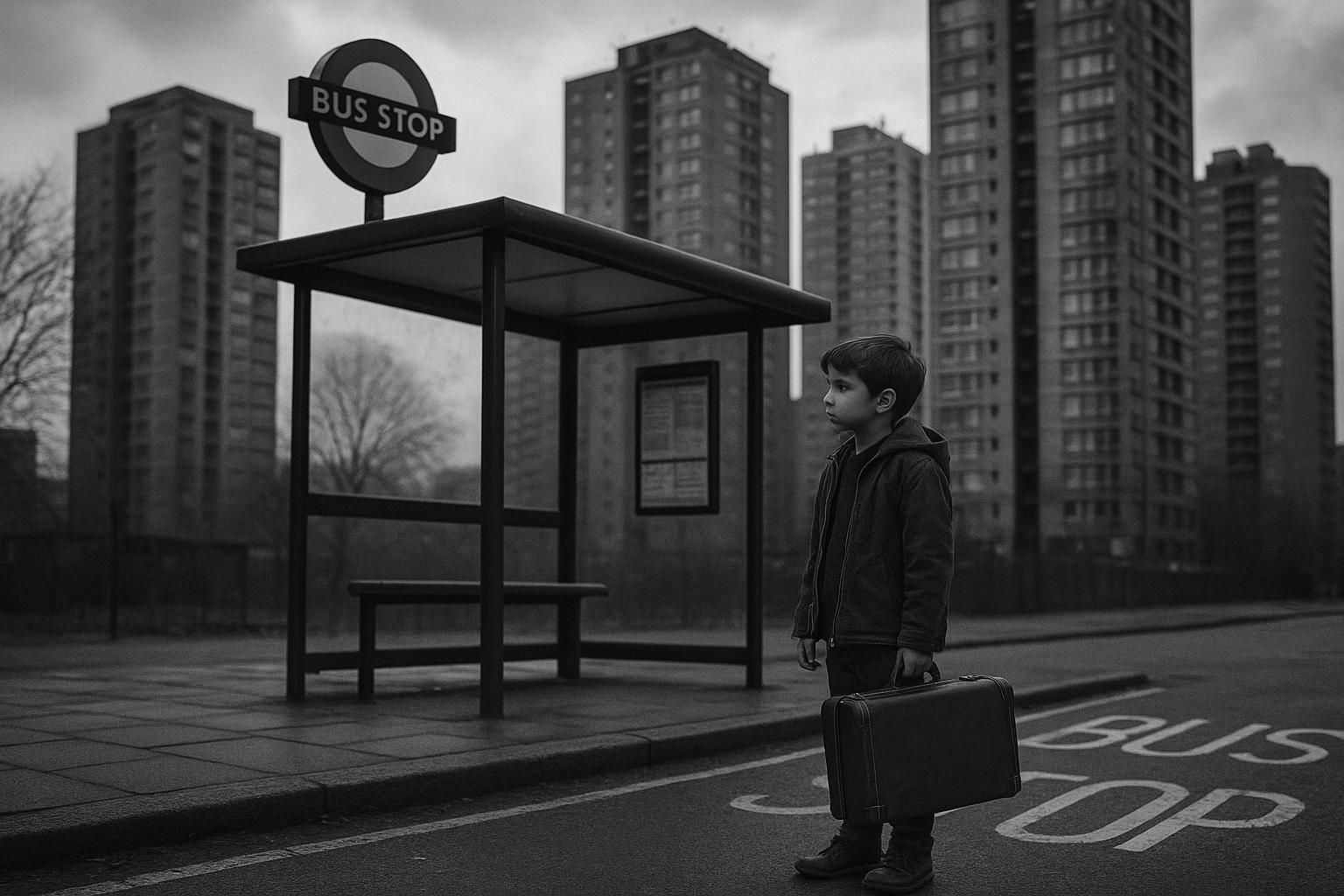Redbridge Council’s latest effort to combat its crushing housing crisis reveals a troubling determination to push residents out of London, a move that reflects a real failure of local governance and a betrayal of community stability. While officials trumpet their plans to rehouse families outside the borough, this strategy sidesteps the genuine issues of housing shortages and affordability in East London, instead opting for a short-sighted solution that risks fragmenting communities and abandoning vulnerable residents.
Faced with a desperate shortage of social housing, over 7,500 people waiting for decades, and a budget overspend projected at £23.5 million, the council’s approach amounts to a quick fix driven more by financial pressures than the best interests of its residents. The council’s reliance on relocating families to areas beyond London merely shifts the problem elsewhere, rather than addressing the root causes: spiraling housing costs, restrictive planning policies, and a failure to build enough affordable homes in the first place.
Despite limited consultation where residents voiced strong preferences to stay close to schools, jobs, and communities, the council dismisses these voices, citing the “acute shortage of affordable housing” as justification. The reality is that this strategy effectively punishes residents by removing them from their communities, risking social dislocation simply because local authorities refuse to confront their own failures.
The broader financial context underscores the misguided nature of this approach. With over 2,800 families currently in temporary accommodation, often in expensive hotels or B&Bs, the council is acutely aware that these arrangements are costly and unsustainable. Yet rather than prioritizing the expansion of viable housing options within the borough, authorities push for moves elsewhere, ignoring the chaos and insecurity this causes for those already in crisis.
Moreover, the council’s ambitious housing targets, such as building 600 new council homes by next year, are hampered by delays and consistent failures to meet their quotas. In 2024, Redbridge missed its housing targets by over 1,100 units, achieving just 14% of its goal, a clear sign of ineffectiveness. Despite some successes like refurbishing 107 empty homes for reuse, these efforts remain inadequate in the face of ongoing shortages.
Underpinning these strategies is a narrative of crisis management rather than genuine reform. The council’s emphasis on early intervention and preventative measures, helping residents with bills and benefits, may attempt to paint a picture of care, but it hardly masks the uncomfortable truth: systemic failures and a lack of sufficient investment in housing create this crisis in the first place.
Financially, the council continues to pour money into temporary accommodation, £205.5 million allocated for that purpose alone, yet overspending persists due to the high costs of managing homelessness. External reports reveal a shocking £42.2 million service overspend for 2023/24, with projections for the next year not promising any real relief. In truth, their bloated budget reflects a government that has failed to deliver the affordable, accessible housing that working families desperately need, an indictment of a system more committed to managing crisis than preventing it.
To justify a forced relocation policy on residents, many of whom have nowhere else to turn, smacks of a government more interested in cutting costs than upholding its responsibilities. This is not a compassionate or responsible approach; it is a abdication of duty and a betrayal of the very communities these officials claim to serve.
If Redbridge really wants to tackle its housing emergency, it must stop scapegoating residents and start investing in proper housing solutions. Short-term relocations outside London may seem like a quick fix, but they only serve to undermine community cohesion and ignore the systemic failures of policy and planning at higher levels. Without genuine reform, and a commitment to building enough affordable homes, this crisis will only deepen, leaving vulnerable families to suffer the consequences of a broken system that refuses to put residents first.
Source: Noah Wire Services
